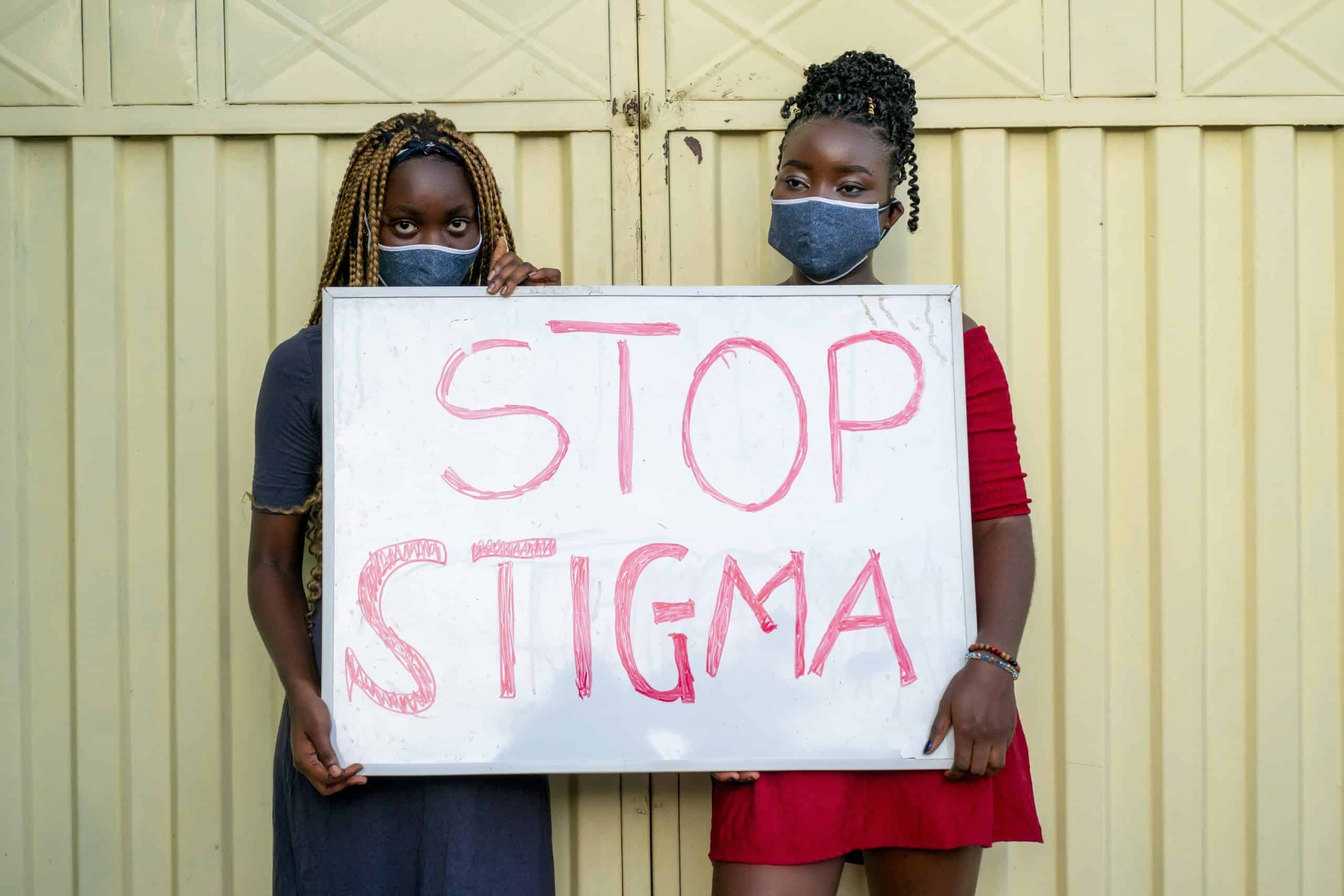If we take a moment to reflect on the narratives around us, it’s clear that mental health is a topic that’s gaining momentum in every corner of society. From the high-tech corridors of Google, to the scholarly heights of Pubmed, the dialogue is shifting towards mental wellness. However, the stigma associated with mental health disorders persists. Many people still harbor negative attitudes towards those struggling with mental health issues, making it difficult for them to seek help. Could group counseling be a strategy to reduce these stigmas, encouraging more individuals to seek the treatment they need? Let’s explore this further.
Understanding the Stigma Around Mental Health
We can’t address the problem without first understanding its roots. Stigma is a complex construct, deeply intertwined with societal attitudes and beliefs. It interferes with people’s willingness to acknowledge their mental health issues and seek help.
A lire en complément : Can Bioinformatics Advance Personalized Nutrition for Optimal Health?
Stigma manifests itself in two ways: public and self. Public stigma is the reaction that the general population has towards people with mental illness, while self-stigma is the prejudice which people with mental illness turn against themselves. Both can prevent those in need from seeking vital treatment, often causing them to endure symptoms in silence.
Over the years, several studies have analyzed this phenomenon. One such research published on Pubmed found that stigma was a significant barrier to seeking help for mental illness. It also stated that educational interventions could help in reducing this stigma.
A lire également : What Are the Best Approaches to Promoting Physical Activity in Sedentary Office Workers?
The Role of Group Counseling
The potential of group counseling in combatting mental health stigma is a topic that is increasingly being studied. Group counseling provides a platform for individuals to share their experiences, fears, and hopes, fostering a sense of community and shared understanding.
Group therapy sessions are typically facilitated by a trained therapist. They bring together individuals who are facing similar issues. These sessions provide a supportive environment where participants can discuss their problems openly, without fear of judgment.
Group counseling can offer a sense of belonging, potentially reducing feelings of isolation commonly associated with mental illness. It has been noted in various studies that the shared experiences within group counseling can help to challenge and change stigmatizing attitudes.
Changing Negative Attitudes Through Education
A significant part of combating stigma revolves around education. Increased knowledge about mental health disorders can help in changing negative attitudes and misconceptions.
This is where group counseling can play a significant role. Within these sessions, individuals not only gain insight into their own experiences but also learn about others’ experiences. This shared learning can lead to a greater understanding of mental health disorders, effectively reducing stigma.
Furthermore, educational institutions like universities and schools can also play a crucial part in this process. By incorporating mental health education into their curriculum, these institutions can help to normalize discussions around mental health, further reducing stigma.
The Impact of Group Counseling on Help-Seeking Behavior
One of the most substantial consequences of the stigma surrounding mental health is its impact on help-seeking behavior. The fear of being labeled or judged can deter individuals from seeking help, often exacerbating their conditions.
Group counseling can potentially change this narrative. By providing a safe space where individuals can share their experiences and receive support, it can encourage more people to seek help. Feeling understood and less judged can motivate individuals to take the crucial step of reaching out for professional assistance.
A study published on Google Scholar found evidence for the positive impact of group therapy on help-seeking behavior. The study revealed that individuals who participated in group therapy were more likely to seek help for their mental health issues compared to those who did not.
Counteracting the Stigma With Group Counseling: An Ongoing Study
The journey to dismantle the stigma around mental health is a complex one. However, the potential of group counseling in this process is becoming increasingly clear. By fostering understanding, empathy, and acceptance, group counseling can help to shift societal attitudes towards mental health.
However, the journey doesn’t end here. More work needs to be done to understand this intricate relationship further. The world of mental health is continually evolving, and the methods to combat stigma must evolve with it. Research must continue, and attitudes must be continually tested and retested.
As we move forward, let’s remember the power of shared experiences and understanding. Let’s continue to break down barriers, change narratives, and create a world where mental health is understood, not stigmatized.
Eradicating Stigma Among College Students: Role of Group Therapy
As we delve deeper into the conversation of mental health, it’s important to note that stigma can be particularly prevalent among college students. The pressures of academia, coupled with the challenges of young adulthood, can make college students more vulnerable to mental health issues. Yet, fear of judgement often deters them from seeking help.
One way to address this problem could be the implementation of group therapy within campuses. Group therapy provides an opportunity for students to connect with peers going through similar experiences – a critical component in normalizing conversations around mental health.
Group sessions can be particularly effective when facilitated by trained therapists who can guide the conversation in a productive and respectful manner. These sessions allow students to discuss their struggles openly, fostering an environment of mutual understanding and empathy.
Furthermore, group therapy sessions can also serve as a form of mental health education for college students. Within these sessions, students can gain insight not only into their own situations but also understand the experiences of others. This shared learning can help break down misconceptions about mental health disorders, contributing to a reduction in stigma.
Group therapy has the potential to significantly impact help-seeking behavior among college students. It can provide a safe space for open dialogue, encouraging more students to seek help without fear of being stigmatized.
Conclusion: Towards a Future Free of Stigma
The exploration of the role of group counseling in reducing stigma associated with mental health disorders is indeed a crucial dialogue. As research from Pubmed, Google Scholar, and other reputable sources have shown, group therapy provides a platform for shared experiences and understanding, helping to change societal attitudes towards mental health.
The journey towards a stigma-free society is a complex one. However, the immense potential of group counseling cannot be overlooked. From promoting a sense of community to fostering empathy and acceptance, group therapy plays a significant role in combating stigma.
It is clear that more work needs to be done, particularly in educational institutions like schools and universities. Mental health education must be incorporated into curricula to normalize discussions around mental health and further reduce stigma.
The world of mental health is indeed continuously evolving – and so must our strategies to combat stigma. As the narrative around mental health changes, so should our understanding and attitudes. Let us continue to break down barriers, change narratives, and strive for a world where mental health is understood, not stigmatized.
As we move towards a future of improved mental health, let us remember the power of shared experiences, empathy, and understanding. After all, it is through our collective efforts that we can create a world where mental health is not a source of shame, but rather a subject of understanding and support.






